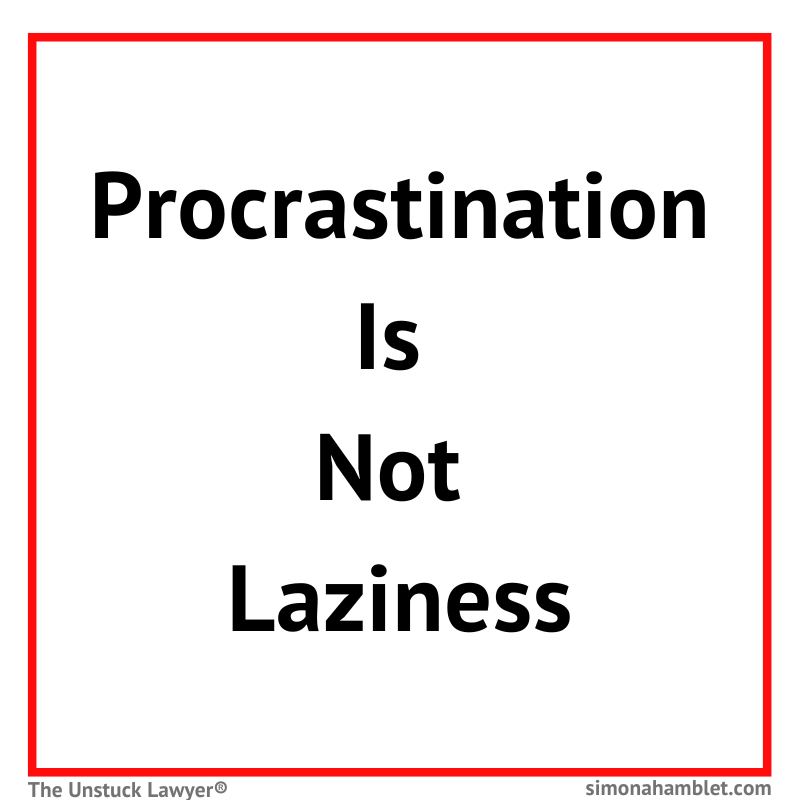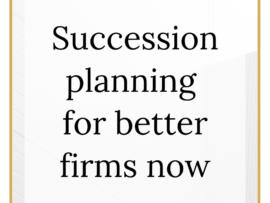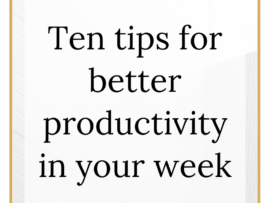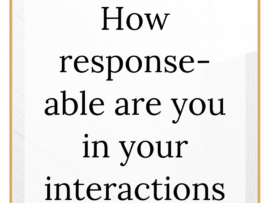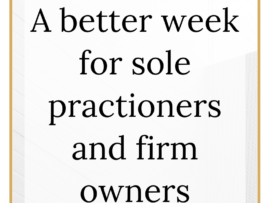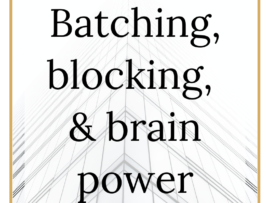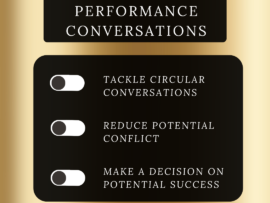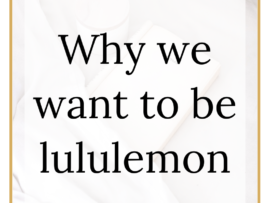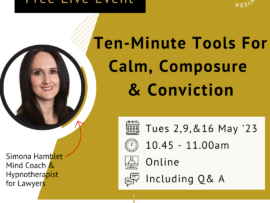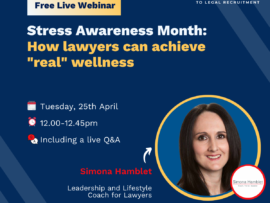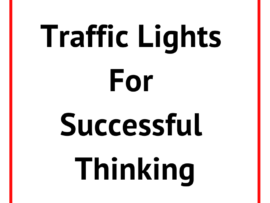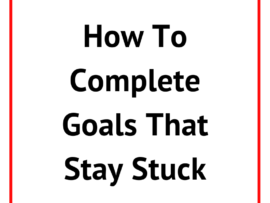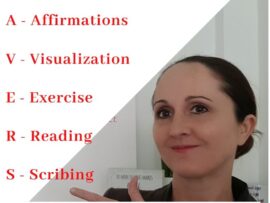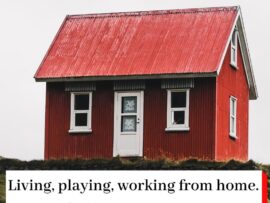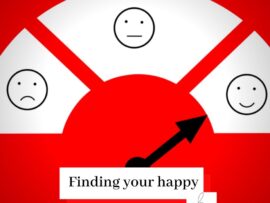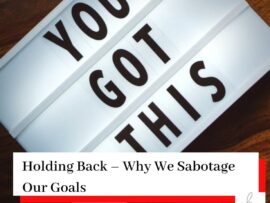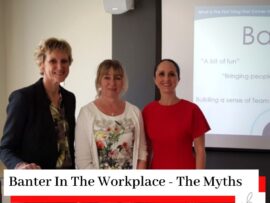What Is Procrastination and How Do We Tackle It?
Procrastination is not laziness. So, what is procrastination and how do we tackle it?
Every week, this is the week I will get it done! Then procrastination happens.
When we keep promising to do something, and we don’t, we often berate ourselves. Why are we not more disciplined? Why are we lazy?
The reality is that, yes we often need to support action with discipline. However, we also need to realise that procrastination is a protection mechanism. Therefore, anything we do, needs to take that into consideration.
Procrastination & Keeping Us Safe
Procrastination (avoiding or delaying) is your unconscious mind noticing that there is something about the task that feels ‘unsafe’ and so it is ‘helping’ you to stay safe.
Your unconscious mind does not appreciate the benefits of getting [it] done. The future is not important to it, only the now.
Procrastination can come from a belief of:
➛ I cannot 𝒹𝑜 this thing
➛ I am not the 𝓉𝓎𝓅𝑒 𝑜𝒻 𝓅𝑒𝓇𝓈𝑜𝓃 that can do this thing
➛ I cannot cope with 𝒹𝑜𝒾𝓃𝑔 this thing
➛ I cannot cope with having to 𝓅𝓇𝒾𝑜𝓇𝒾𝓉𝒾𝓈𝑒 this thing (i.e. arguing with others, giving up something else I would rather do)
➛ I cannot cope with the 𝑜𝓊𝓉𝒸𝑜𝓂𝑒 of doing the thing (i.e. coping with a promotion/managing more money, or others will hate me if I am promoted/make more money than them)
➛ I cannot do this because the [big goal] is not the type of thing a 𝓅𝑒𝓇𝓈𝑜𝓃 𝓁𝒾𝓀𝑒 𝓂𝑒 does or has available to them
Delaying, or avoiding, may also have become habitual in some instances (for example when you feel emotional discomfort, you have a habit of picking up your phone).
Procrastination is not laziness, but it will need some help to make it happen.
5-Top Tips for Tackling Procrastination
- Notice your thoughts – what do you think or say to yourself when you start to worry or procrastinate? Now choose to decide what you could believably think instead. If nothing else add ‘yet’ to the end. ‘I cannot do this well ‘yet’. The words we use have a significant impact on our beliefs and unconscious reactions. Choose them wisely.
- Notice your habits – when you start to feel emotional discomfort, what do you do? Do you pick up your phone, go to the kitchen, or watch something? What can you do to change or delay that habit? Create a non-procrastination plan.
- Break it down – most of us think a project is a task. Introducing appraisals is a project. Researching how to use LinkedIn more effectively and drafting an article is a project. Break everything down into its smallest possible steps. If the first step is too big, we are less likely to do it.
- Find what feels hard but good – when I used to do more weight lifting it was hard but it felt good to push myself. Other types of exercise I did not enjoy in the same way. I remember an athlete who had a serious injury and needed to change their preferred forms of exercise. For the first time, they realised why other people struggled to exercise. They hated swimming and found themselves avoiding it. Look at what you already do and see if you can tweak anything.
- Find out what helps you to stay calm – meditation, walks, sunlight in the mornings, staying hydrated, journaling, singing, stomping, arm stroking, humming (these all help calm the vagus nerve), sleeping, talking to others, it all helps. Consider what will help to bring you back, to being able to focus on what you want to do.
And finally – FLIO
Is there a task, or activity, that you are avoiding? Take a minute to reflect on all the reasons why you don’t want to do it.
I call this flipping-it-over (FLIO). We are typically told to focus on why we do want to do our activities. This can be great for motivation. However, FLIO it over allows us to spot potential obstacles, and we can then decide what to tweak, to make it easier (i.e. accountability, a different approach, a different time).
Let me know what makes the biggest difference for you. Want to know how self-sabotage differs from procrastination? You can find out more here.
Simona
p.s. remember that, if most of your week is taken up with what does not interest you, then this will also drain your motivation for the things you do enjoy.
